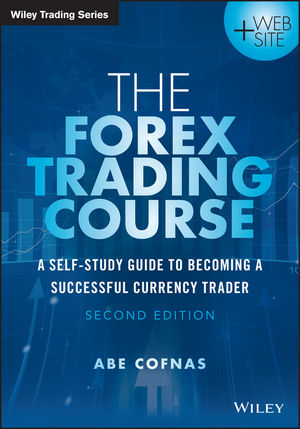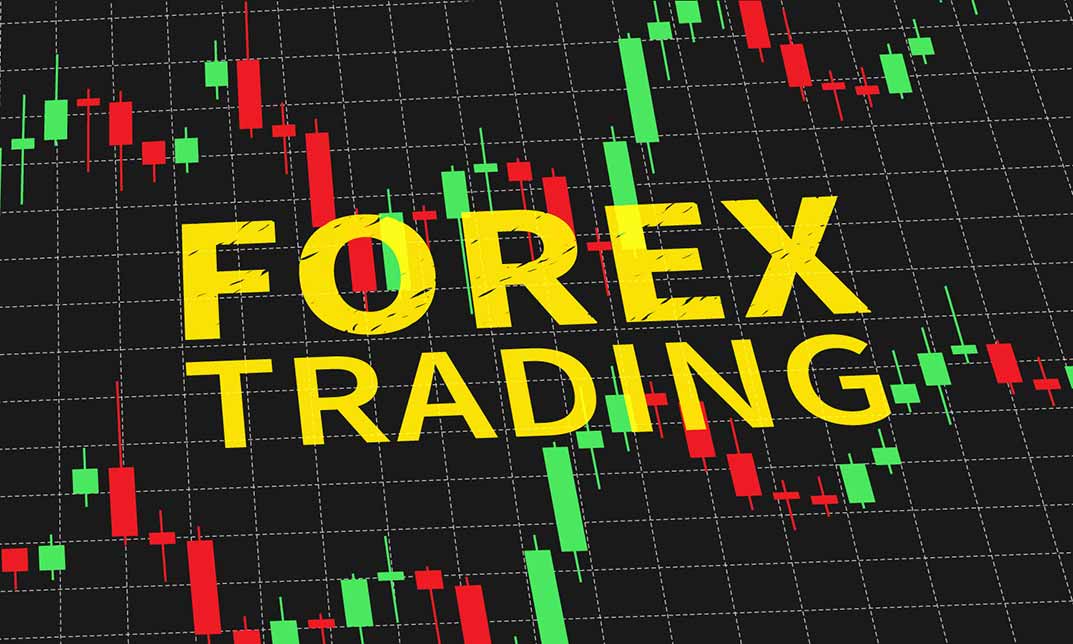A Detailed Forex Trading Course for New Traders and Investors
Wiki Article
Understanding the Principles of Currency Exchange in Today's Global Market
In a significantly interconnected international economic situation, grasping the basics of money exchange is important for stakeholders throughout various fields. Currency exchange rate, formed by a complicated interaction of economic indicators and geopolitical variables, have profound effects on worldwide trade and investment techniques. As reserve banks apply influence and technological innovations improve money trading, the ramifications for worldwide business are significant. How do these aspects integrate to affect financial preparation and threat monitoring? Comprehending the nuances of this dynamic market is not just useful-- it is necessary for browsing today's financial landscape.The Basics of Money Exchange
Currency exchange is a fundamental aspect of the global economy, facilitating global trade and financial investment. It involves the conversion of one currency right into one more and is vital for organizations, federal governments, and people that participate in cross-border transactions. The currency exchange process occurs in the fx market (Forex), which is the biggest and most liquid monetary market in the world, operating 24 hr a day, 5 days a week.At its core, money exchange is driven by supply and need characteristics. Money are traded in sets, such as EUR/USD or GBP/JPY, and the exchange rate in between them shows exactly how much one money deserves in regards to an additional. This price varies continuously as a result of trade flows, resources activities, and various other market tasks.
Participants in the Forex market variety from huge economic organizations and international corporations to specific financiers and visitors. Each participant might have different objectives, such as hedging versus currency exchange rate danger, speculating on money activities, or facilitating international acquisitions. Recognizing the fundamentals of currency exchange is important for making informed choices in the worldwide market, as currency exchange rate can dramatically affect the expense of items and solutions, investment returns, and financial stability.
Elements Influencing Exchange Fees
Exchange rates are shaped by an intricate interplay of numerous financial factors, reflecting the relative toughness and stability of national economies. Secret amongst these factors is rates of interest differentials. Higher rates of interest supply lending institutions far better returns about other nations, bring in more international resources and causing the currency to value. Conversely, inflation prices play an important function; money in countries with reduced inflation rates often tend to value as purchasing power rises about higher-inflation economies.
Financial growth and security additionally significantly effect exchange rates. A durable economy attracts foreign investment, raising demand for the domestic currency, which leads to admiration. Additionally, profession balances influence currency value. A country with a considerable trade surplus typically sees its currency appreciate because of raised international demand for its items and services, while a profession deficiency can deteriorate the currency.
Political stability and financial efficiency are critical also; nations viewed web as low-risk locations for financial investment often tend to see their currencies value. forex trading course. Market supposition can also drive exchange price variations, as investors anticipate future motions based on present financial indications and geopolitical events. These variables collectively add to the vibrant nature of currency exchange rate in the worldwide market
The Role of Central Financial Institutions

Reserve banks also participate in forex interventions to remedy excessive volatility or imbalances in exchange rates. These treatments might involve acquiring or marketing foreign money to maintain a wanted currency exchange rate level. Additionally, reserve banks hold considerable fx reserves, which can be deployed strategically to support their currency.

Innovation and Money Trading
While central banks form the overarching landscape of currency exchange, technological developments have actually changed the technicians of currency trading itself. The proliferation of digital platforms has equalized accessibility to forex markets, enabling private investors to get involved along with institutional investors. here are the findings On-line trading systems, furnished with real-time information and logical devices, facilitate notified decision-making and have contributed to increased market liquidity.Mathematical trading, powered by advanced software program, has actually transformed the rate and efficiency of money trading. Algorithms carry out trades based on predefined requirements, lessening human intervention and lowering the time called for to capitalize on market movements.
Cryptocurrencies, underpinned by blockchain, have introduced a brand-new measurement to currency trading, triggering market individuals to adjust to an advancing economic community. As technology proceeds to progress, its impact on money trading will likely deepen, shaping future market characteristics - forex trading course.
Influence On Global Trade
In the interconnected landscape of worldwide trade, money exchange plays an essential function fit financial connections between nations. Exchange rates influence the expense of exporting items and solutions, influencing affordable placing in worldwide markets. A solid currency can make a country's exports extra pricey and much less appealing on the global phase, possibly decreasing market share. Conversely, a weaker money can boost export competitiveness however may enhance the cost of importing vital items, affecting trade equilibrium.Money changes can likewise result in economic unpredictabilities, complicating long-term planning for international corporations. Businesses frequently hedge versus these threats through financial tools to support prices and profits. Exchange rates affect international direct financial investment (FDI) decisions, as capitalists seek beneficial conditions to make best use of returns, influencing capital moves across Related Site borders.
In addition, federal governments aim to maintain secure exchange prices to promote foreseeable trading problems, sometimes interfering in foreign exchange markets to achieve financial purposes. Main financial institutions may readjust interest rates or execute financial plans to affect currency stamina, thereby influencing profession characteristics.
Conclusion
A comprehensive grip of money exchange basics is imperative for browsing the intricacies of the worldwide market. Exchange prices, formed by rate of interest, inflation, and financial development, are pivotal in figuring out currency evaluations. Reserve banks play an essential role in influencing these rates, while innovations in modern technology have actually transformed money trading. Recognizing these components is essential for efficient financial planning and danger administration, as currency changes substantially impact international trade and investment strategies in an interconnected economic setting.Report this wiki page